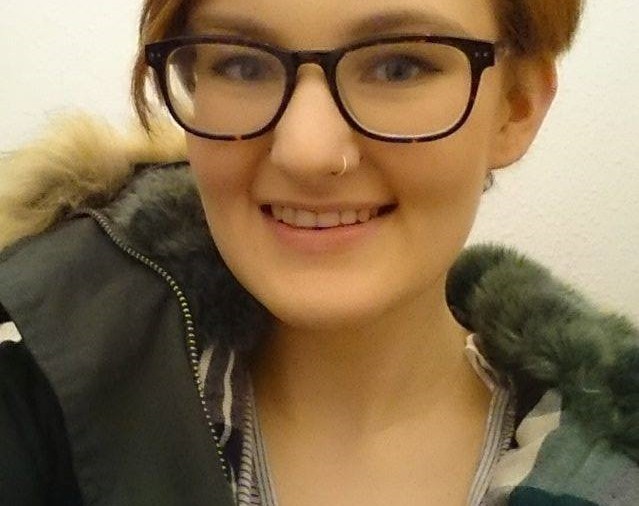Language can serve so many purposes, it can be used to fight, it can be used to resist, but it can also be used to oppress, and to bully. It’s not always clear that this is what it is doing, because describing something as gay, joking that you’re ‘so OCD’ seems so harmless. It’s true it’s not the worst thing you can do – but particularly in regard to mental health, it invalidates somebodies illness and their struggle.
Would you describe something as being so diabetic or cancer or epileptic? Probably not.
We struggle enough to have our mental illnesses regarded as valid, legitimate, and equal to physical illness – so to hear someone misrepresent it or to use it as an insult just feels like a kick in the face.
“I just need my pens in the right order – I’m like so OCD.”
I guarantee that most weeks you hear someone joke about being OCD – they say it after they rearrange their pens or as a reason for someone to do the washing up. It’s so common that when most people think of OCD they think of someone who likes things organised, that has matching stationery, not someone who has to wash their hands 30 times until they are bleeding, not someone who feels compelled to touch something because if they don’t they believe their family will die. It’s not just about being tidy or liking things in a certain order, it’s about the fear of what will happen if everything isn’t in its place.
OCD can be hugely debilitating, having to repeat an action over and over until it feels right – and when someone describes themselves as “so OCD” it’s belittling and it misrepresents a condition that affects approximately 741,504 people. Next time you want are tempted to say that you are “so OCD”, think of what other words you could use. Do you mean organised or neat or tidy or clean? Describing your tidiness as OCD is not only belittling, but it’s lazy and inaccurate. There are so many words you can use – why chose that one?
“I swear my parents are so bipolar.”
No, not they are not. They are a normal humans that feel different emotions at different times. People’s moods can change very quickly – have you ever been having a great time and then suddenly someone says something rude or you get bad news?
I’ve heard people say that they are bipolar over something that they are both excited and nervous for – that isn’t bipolar, that is being in two minds about something.
This false equivalency makes bipolar disorder seem like puberty – it isn’t as simple as mood swings. It is true that bipolar does include changes in mood states, but it isn’t as simple as going from happy to pissed off. Generally bipolar can be characterised by manic, depressive, and mixed states – these can often feel very extreme and the change between them overwhelming.
Manic episodes for some can be experienced as being happy and exciting, or distressing and disorientating. There really is not a one-type fit all experience. A lot of people do have some sort of awareness of what depression is – often misguided and limited – but the idea is there. Whilst depression itself is hard to deal with, imagine struggling every day to get out of bed, when this is contrasted with a manic episode it can feel more extreme.
“He’s a psycho!”
Just no.
Mental illness is hugely stigmatised. People with illnesses such as schizophrenia or those whose experience psychotic episodes are often stereotyped as being aggressive or violent. This is despite the fact the sufferers of mental illnesses are actually disproportionately more likely to be the victims of violence than perpetrators. Part of this comes from the way that illnesses are appropriated as insults – if you mean someone is being an aggressive arsehole or is being unnecessarily violent, SAY THAT.
It’s hard to forget the shocking Halloween costumes of mental patients or psycho wards, all of them representing mental illness as something to be scared of. So many of them featuring blood, weapons, or face masks (Hannibal Lecter style) – I can only assume the people who made these costumes have never been to a psychiatric hospital. This in no way represents 99.99% of people there, it’s people who are sick and need help and that’s the best place for them to get it. I’d be interested to see the reaction if a cancer patient costume was released – but the truth is most physical illnesses are not stigmatised in the way mental illnesses are, and so much of that stigma comes from the everyday language we use.
Grab yourself a thesaurus and have a think before you speak!
Emma Healey

